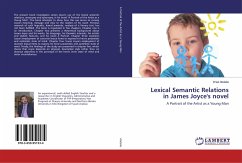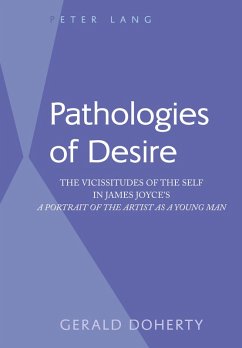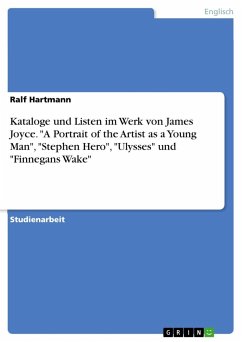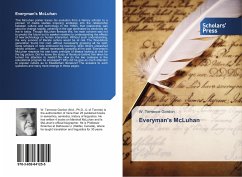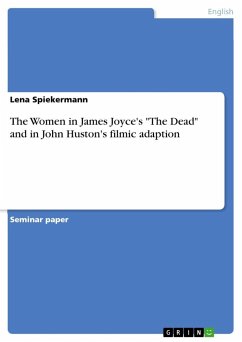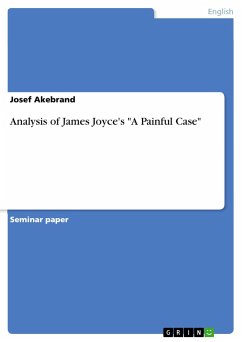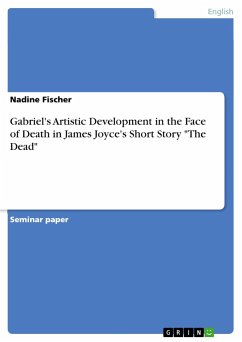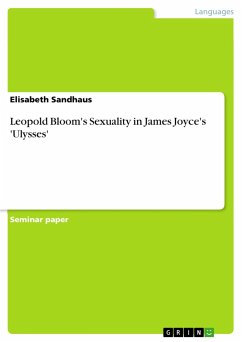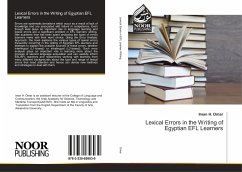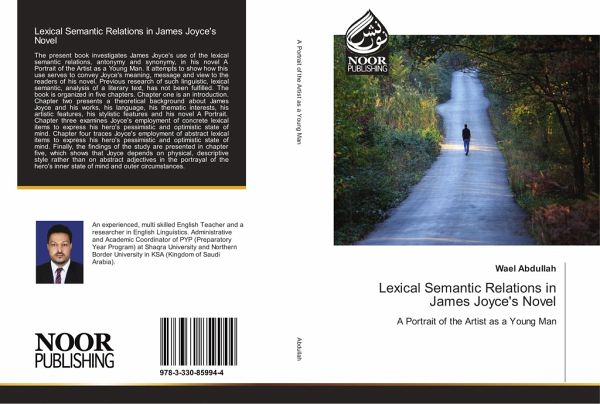
Lexical Semantic Relations in James Joyce's Novel
A Portrait of the Artist as a Young Man
Versandkostenfrei!
Versandfertig in 6-10 Tagen
62,99 €
inkl. MwSt.

PAYBACK Punkte
31 °P sammeln!
The present book investigates James Joyce's use of the lexical semantic relations, antonymy and synonymy, in his novel A Portrait of the Artist as a Young Man. It attempts to show how this use serves to convey Joyce's meaning, message and view to the readers of his novel. Previous research of such linguistic, lexical semantic, analysis of a literary text, has not been fulfilled. The book is organized in five chapters. Chapter one is an introduction. Chapter two presents a theoretical background about James Joyce and his works, his language, his thematic interests, his artistic features, his st...
The present book investigates James Joyce's use of the lexical semantic relations, antonymy and synonymy, in his novel A Portrait of the Artist as a Young Man. It attempts to show how this use serves to convey Joyce's meaning, message and view to the readers of his novel. Previous research of such linguistic, lexical semantic, analysis of a literary text, has not been fulfilled. The book is organized in five chapters. Chapter one is an introduction. Chapter two presents a theoretical background about James Joyce and his works, his language, his thematic interests, his artistic features, his stylistic features and his novel A Portrait. Chapter three examines Joyce's employment of concrete lexical items to express his hero's pessimistic and optimistic state of mind. Chapter four traces Joyce's employment of abstract lexical items to express his hero's pessimistic and optimistic state of mind. Finally, the findings of the study are presented in chapter five, which shows that Joyce depends on physical, descriptive style rather than on abstract adjectives in the portrayal of the hero's inner state of mind and outer circumstances.



